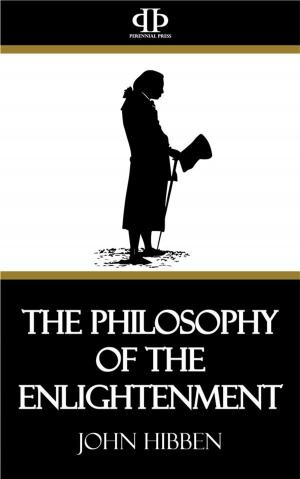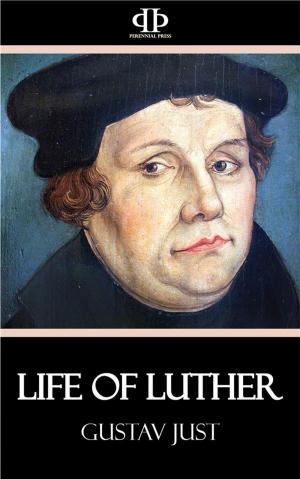Revolution and Counter-Revolution
Nonfiction, History, Revolutionary, Social & Cultural Studies, Social Science, Discrimination & Race Relations, Political Science, Politics, History & Theory| Author: | Karl Marx | ISBN: | 9781531246303 |
| Publisher: | Perennial Press | Publication: | March 3, 2016 |
| Imprint: | Language: | English |
| Author: | Karl Marx |
| ISBN: | 9781531246303 |
| Publisher: | Perennial Press |
| Publication: | March 3, 2016 |
| Imprint: | |
| Language: | English |
These articles were written in 1851-1852, when Marx had been about eighteen months in England. He was living with his wife, three young children, and their life-long friend, Helene Demuth, in two rooms in Dean Street, Soho, almost opposite the Royalty Theatre. For nearly ten years they had been driven from pillar to post. When, in 1843, the Prussian Government suppressed the Rhenish Gazette which Marx had edited, he went with his newly-married wife, Jenny von Westphalen, to Paris. Not long after, his expulsion was demanded by the Prussian Government—it is said that Alexander von Humboldt acted as the agent of Prussia on this occasion—and M. Guizot was, of course, too polite to refuse the request. Marx was expelled, and betook himself to Brussels. Again the Prussian Government requested his expulsion, and where the French Government had complied it was not likely the Belgian would refuse. Marx received marching orders.
But at this same time the French Government that had expelled Marx had gone the way of French Governments, and the new Provisional Government through Ferdinand Flocon invited the "brave et loyal Marx" to return to the country whence "tyranny had banished him, and where he, like all fighting in the sacred cause, the cause of the fraternity of all peoples," would be welcome. The invitation was accepted, and for some months he lived in Paris. Then he returned to Germany in order to start the New Rhenish Gazette in Cologne. And the Rhenish Gazette writers had very lively times. Marx was twice prosecuted, but as the juries would not convict, the Prussian Government took the nearer way and suppressed the paper...
These articles were written in 1851-1852, when Marx had been about eighteen months in England. He was living with his wife, three young children, and their life-long friend, Helene Demuth, in two rooms in Dean Street, Soho, almost opposite the Royalty Theatre. For nearly ten years they had been driven from pillar to post. When, in 1843, the Prussian Government suppressed the Rhenish Gazette which Marx had edited, he went with his newly-married wife, Jenny von Westphalen, to Paris. Not long after, his expulsion was demanded by the Prussian Government—it is said that Alexander von Humboldt acted as the agent of Prussia on this occasion—and M. Guizot was, of course, too polite to refuse the request. Marx was expelled, and betook himself to Brussels. Again the Prussian Government requested his expulsion, and where the French Government had complied it was not likely the Belgian would refuse. Marx received marching orders.
But at this same time the French Government that had expelled Marx had gone the way of French Governments, and the new Provisional Government through Ferdinand Flocon invited the "brave et loyal Marx" to return to the country whence "tyranny had banished him, and where he, like all fighting in the sacred cause, the cause of the fraternity of all peoples," would be welcome. The invitation was accepted, and for some months he lived in Paris. Then he returned to Germany in order to start the New Rhenish Gazette in Cologne. And the Rhenish Gazette writers had very lively times. Marx was twice prosecuted, but as the juries would not convict, the Prussian Government took the nearer way and suppressed the paper...















